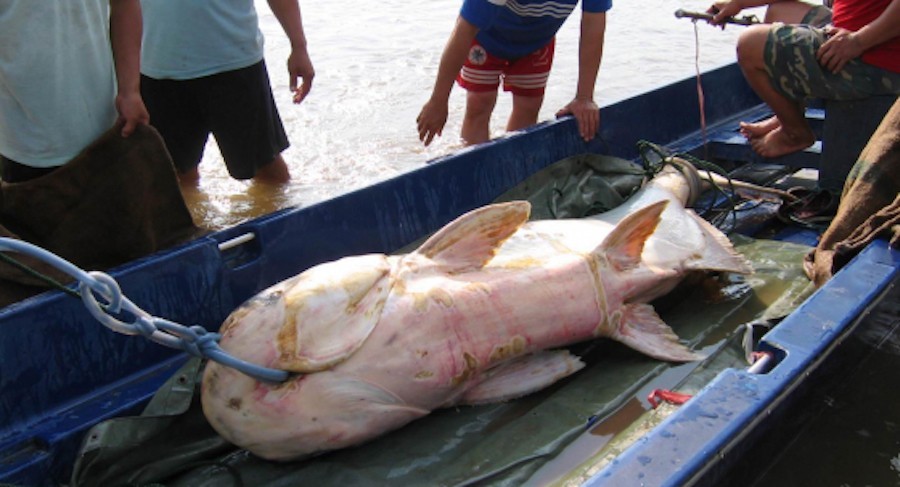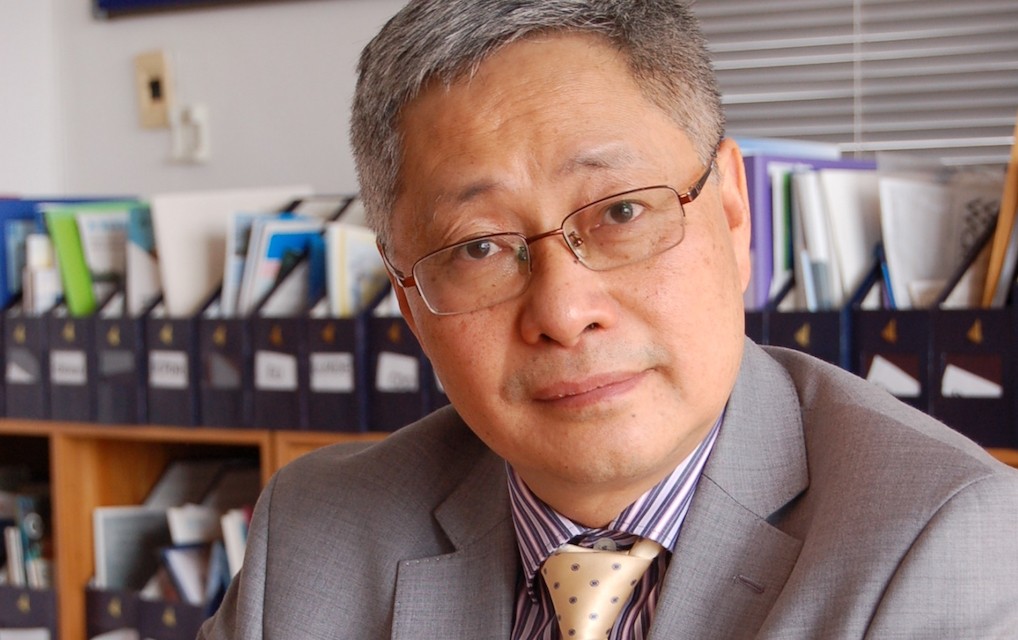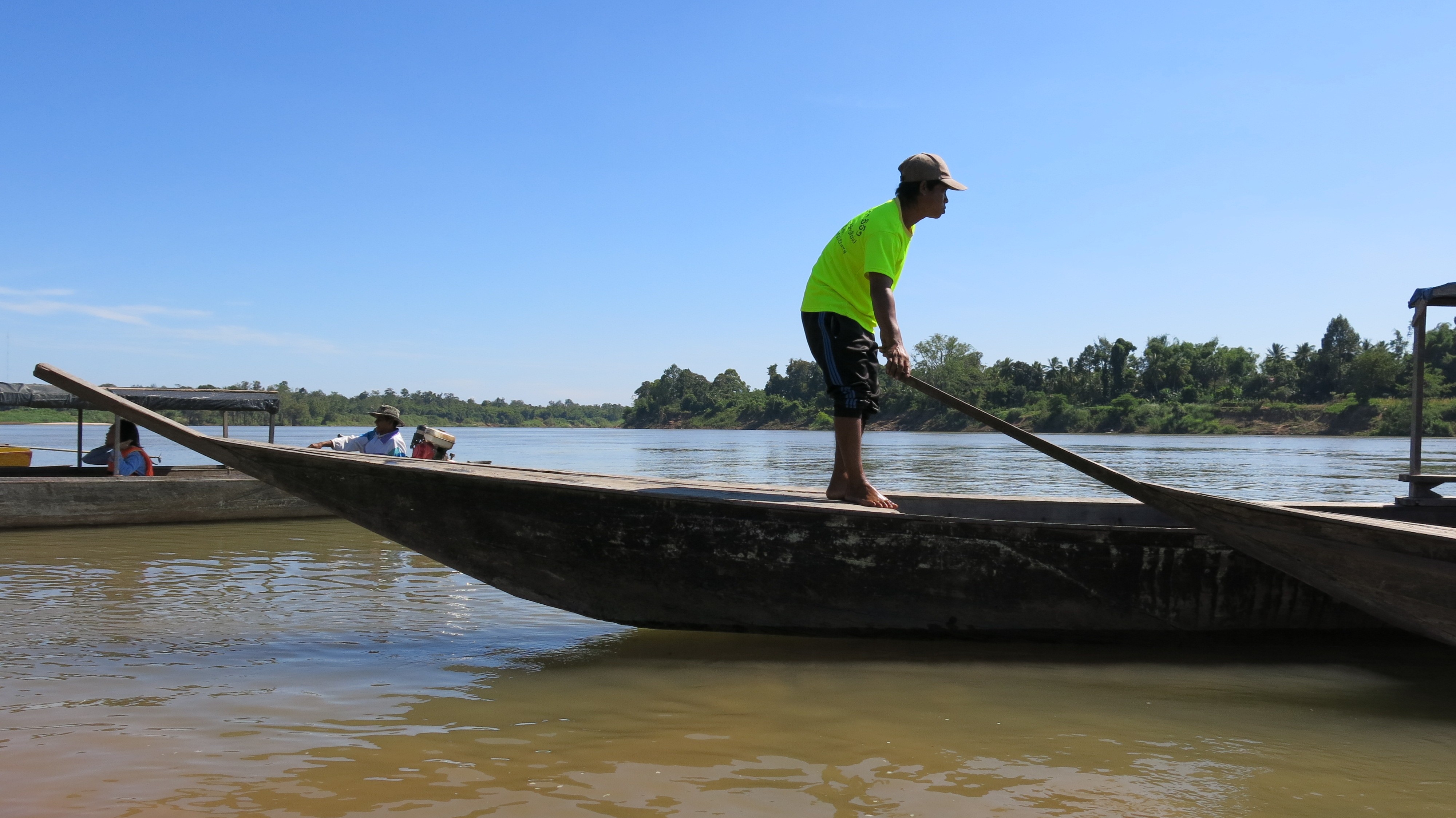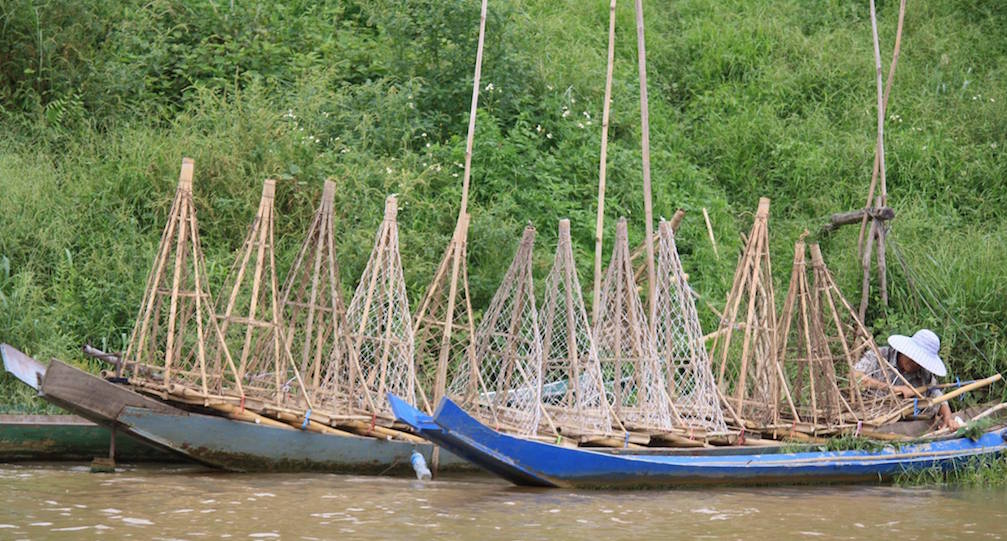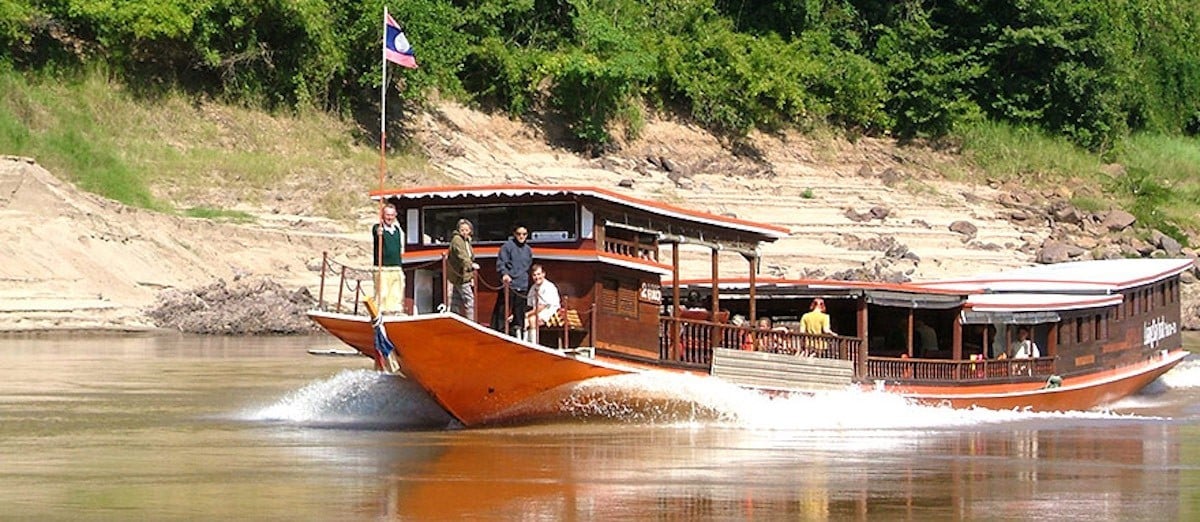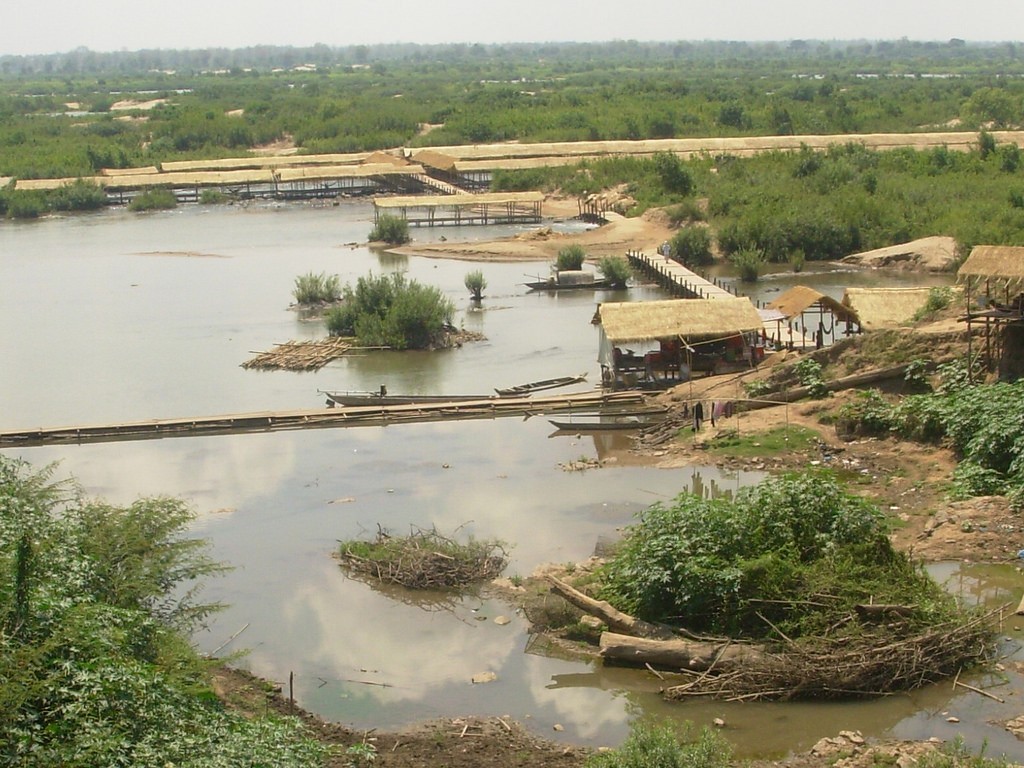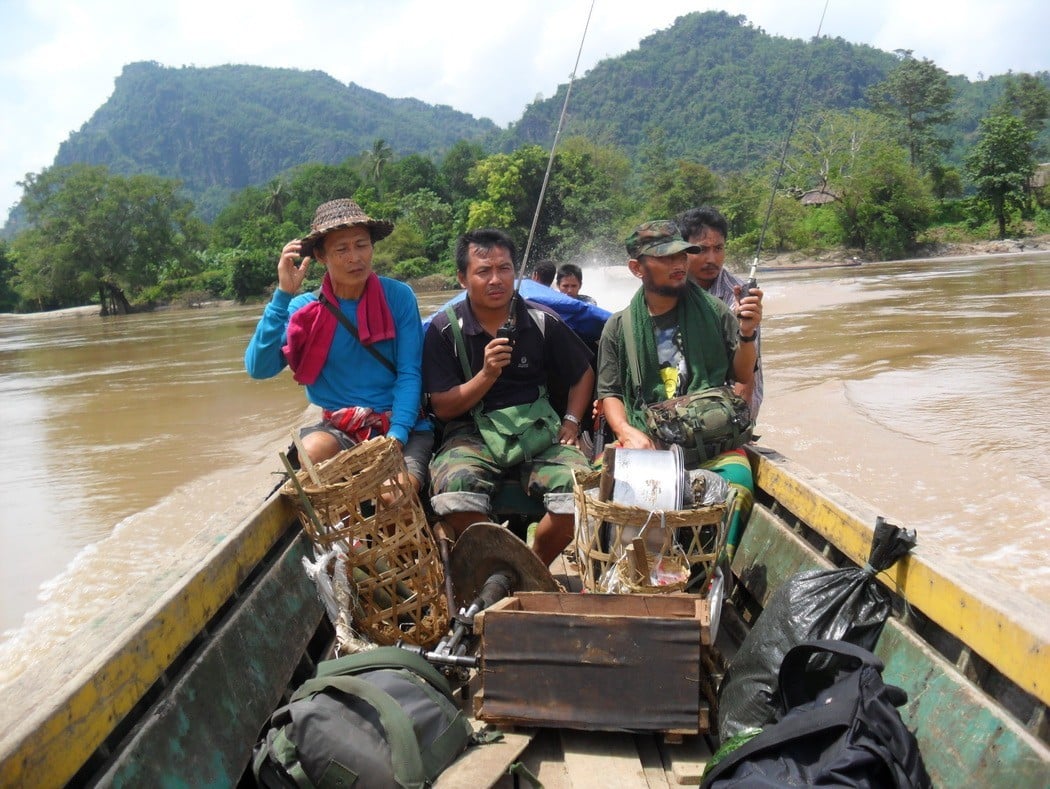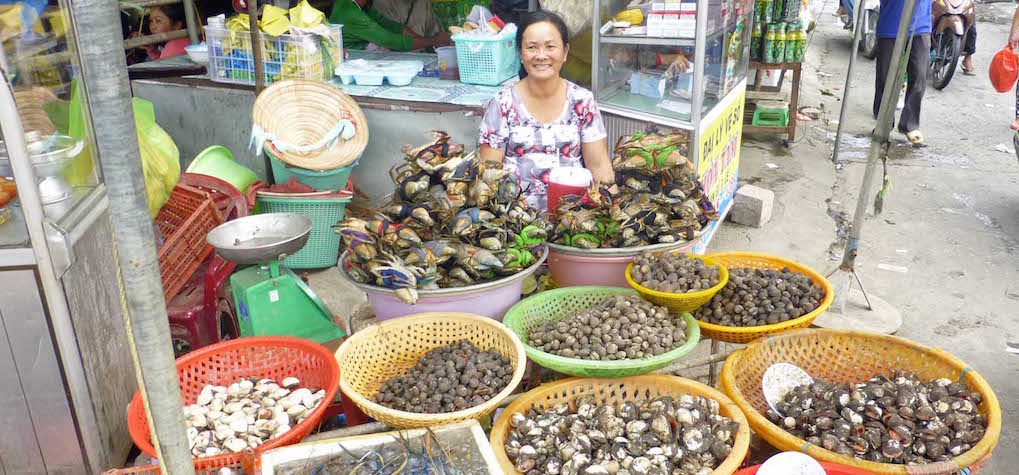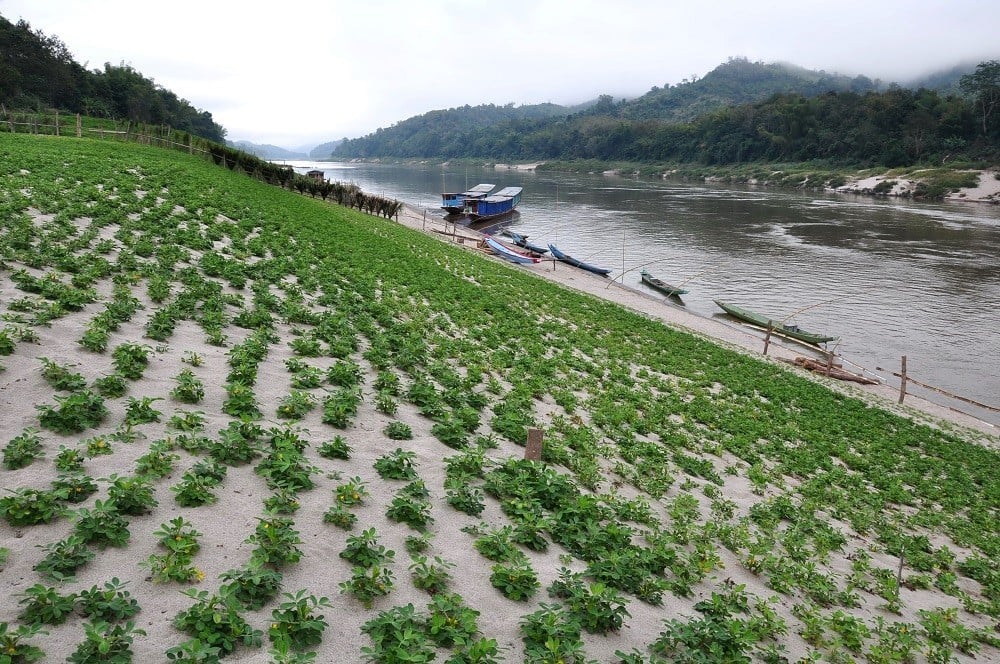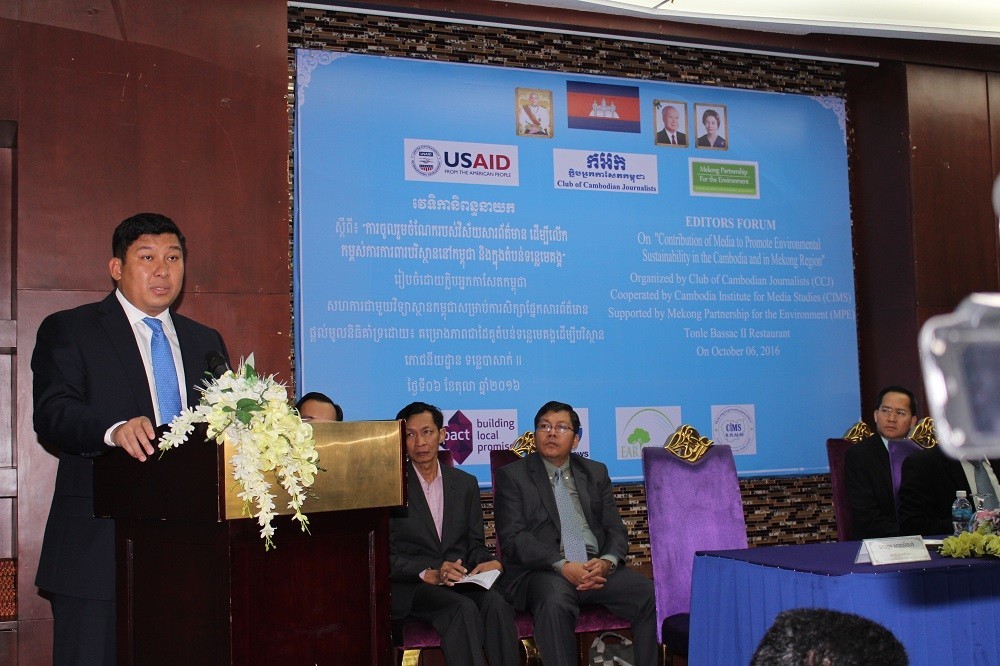DEVELOPMENT projects in the lower reaches of the Mekong River will take a great toll on the area’s biodiversity, experts have warned, with much of its fauna and flora facing imminent extinction.
In the face of major projects, such as the plan for a navigation route on the Mekong from Chiang Rai province down to Luang Prabang in Laos, as well as a controversial dam, concerned academics and experts attended the Greater Mekong Forum in Bangkok on Friday.


